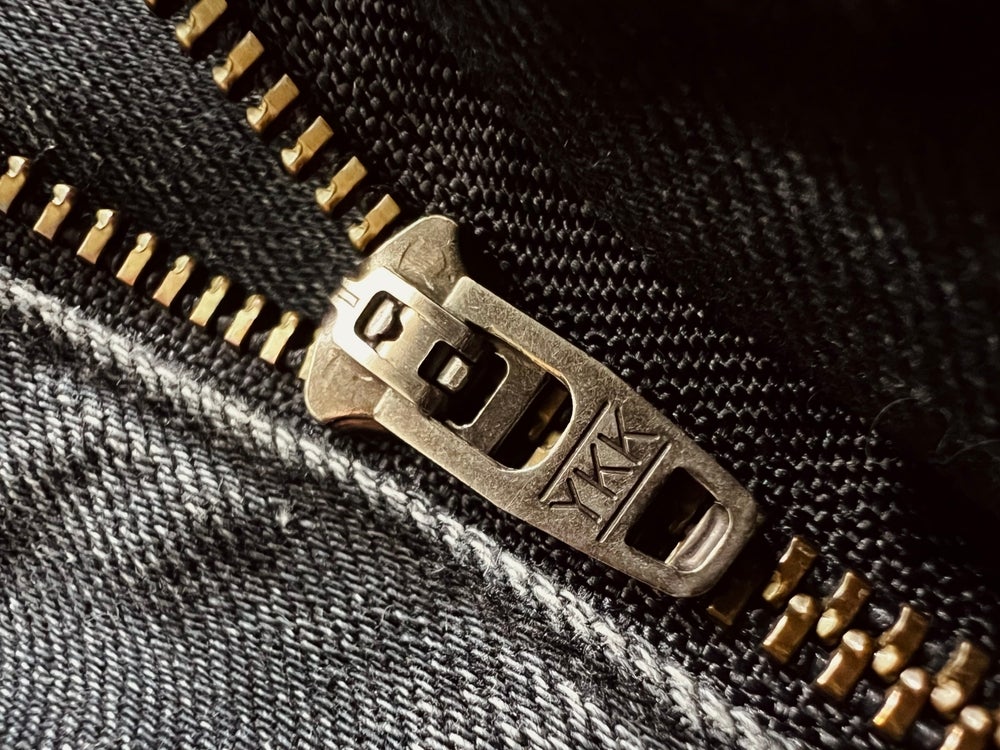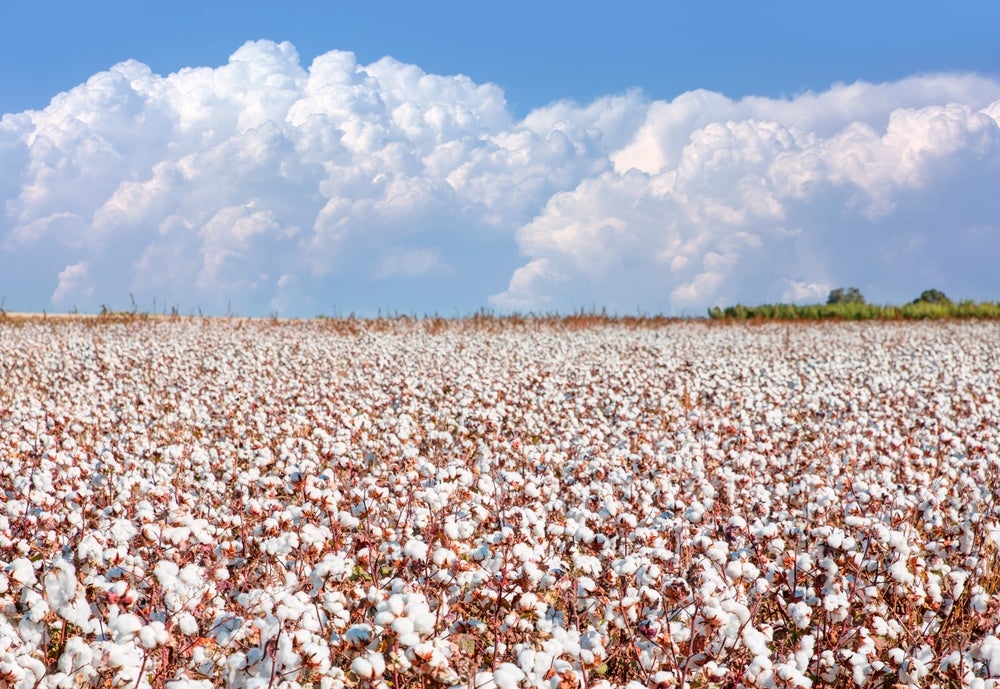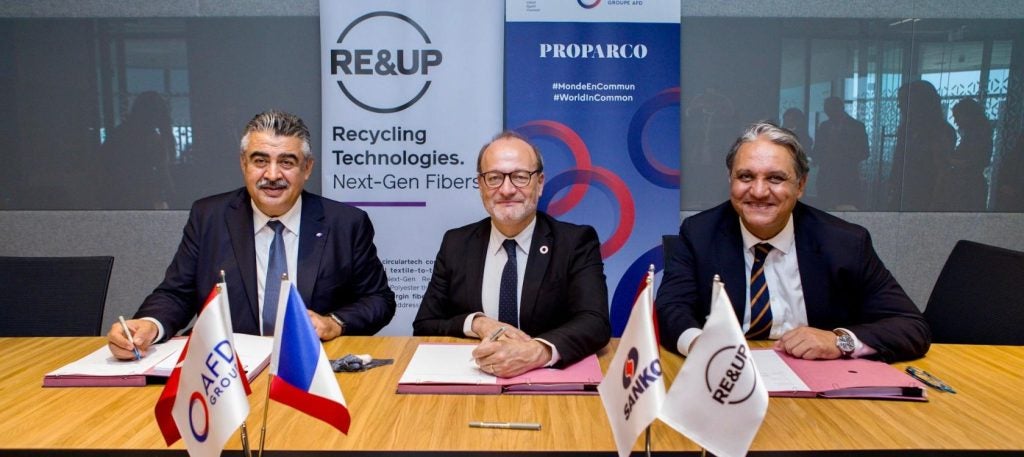YKK has achieved a 56.2% decrease in its Scope 1 and 2 emissions and a 32.7% reduction in its Scope 3 emissions, compared to its FY2018 baseline.
In a bid to combat climate change, the manufacturer has increased its use of renewable energy, switching to 100% renewable sources at an additional six sites in the past fiscal year. That gives YKK a total of 37 sites using only green energy.
The proportion of renewable energy in YKK’s overall use has also increased from 46.1% in FY2022 to 56.5% in FY2023.
YKK says it has been reducing its climate impact in response to customer and societal demands, aiming to support biodiversity and circularity as well, as part of plans it calls its Sustainability Vision 2050.
Asako Yoshika, vice president and general manager at YKK’s sustainability department, said in a statement: “In FY2023, we reduced our Scope 1 and 2 greenhouse gas emissions by 56.2% compared to the base year of FY2018 through efforts such as expanding the adoption of energy-saving production equipment and plant infrastructure facilities, as well as purchasing renewable energy and installing solar power generation equipment.
“This far surpassed the target recognised by SBTI of reducing our Scope 1 and 2 emissions by 50% by 2030, which is in line with limiting global warming to 1.5°C above pre-industrial levels. Going forward, under the YKK Sustainability Vision 2050, which aims to achieve climate neutrality and coexistence with nature by 2050, we will continue to focus strongly on climate change, biodiversity, and resource recycling, including promoting the use of sustainable materials, and actively address environmental issues in the apparel industry throughout our supply chain.”
YKK will share a more detailed report on its progress, titled This is YKK 2024, in August 2024, with an English translation due to be released in autumn.
In April, YKK announced plans to adopt eco-friendly aluminium for zippers in alignment with its aims to reduce greenhouse gas (GHG) emissions based on its Sustainability Vision 2050.















